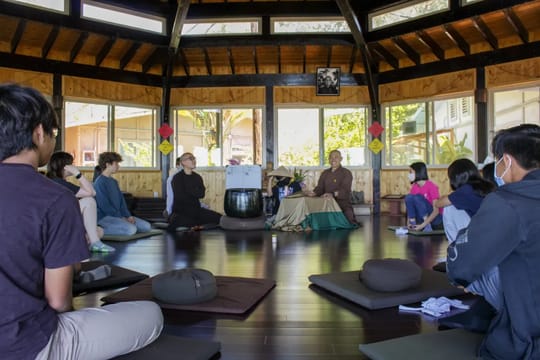404: Page Not Found


Thich Nhat HanhIf we have not found our true home, then even when we are with the person we love, we won’t feel at home.
The URL you entered doesn’t exist on our website.
Here are some possible actions you can take:
First, you might try double-checking the URL and re-entering it in your browser.
Second, if the process above doesn’t get you helpful results, click on the links below to go to active pages on our site.
